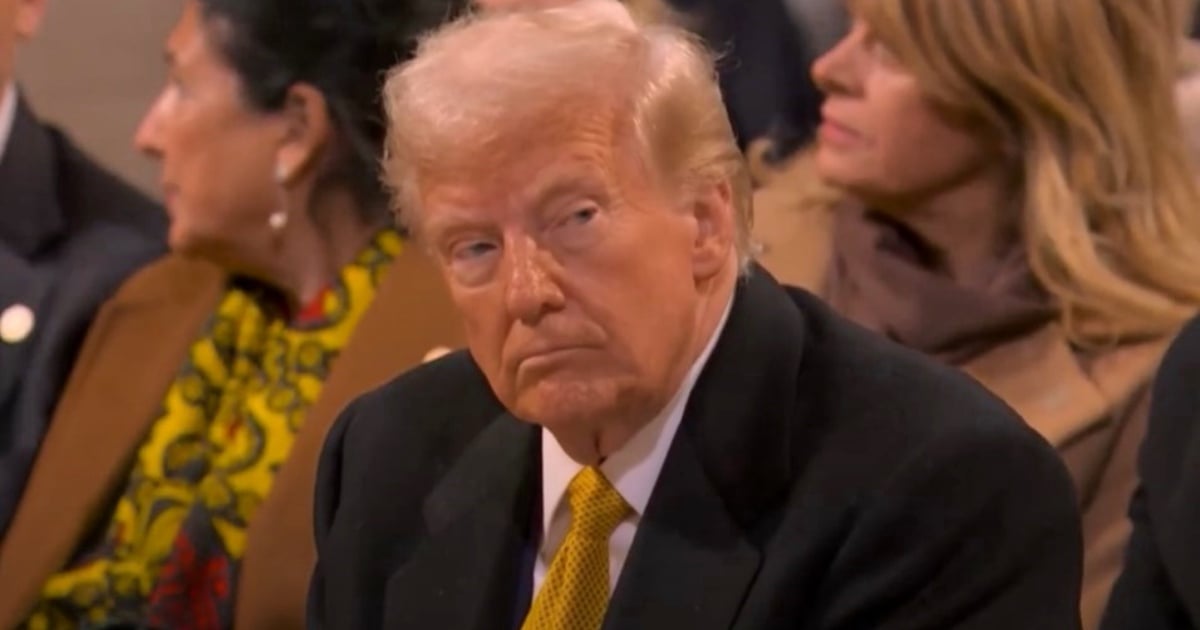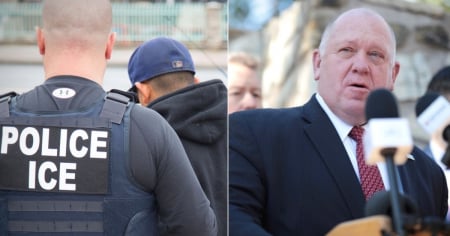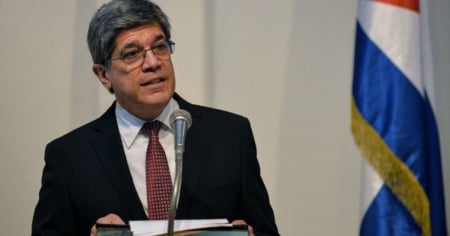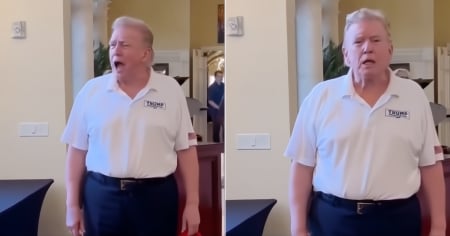
Related videos:
The elected president of the United States, Donald Trump, has issued a direct warning to the European Union (EU): they must increase their purchases of American oil and gas to reduce the trade deficit, or face the imposition of tariffs on European products.
"I told the European Union that they must compensate for their tremendous deficit with the United States by purchasing our oil and gas on a large scale. Otherwise, tariffs will be imposed!!!" Trump wrote on his social media platform Truth Social.
Washington estimates that the trade deficit with Europe amounts to over $130 billion, a figure that Trump has described as unacceptable.
This stance reinforces the tensions in trade relations between both blocs, which already suffered during the former president's first term when he imposed tariffs of between 30% and 44% on products such as Spanish olives.
Rising Tension in Transatlantic Trade Politics
Trump's threat adds to a history of protectionist measures aimed at strengthening the American industry and reducing dependence on foreign imports.
During his electoral campaign, Trump proposed to impose universal tariffs ranging from 10% to 20% on all imports and, in specific cases, to apply much higher rates, such as 100% on cars from Mexico and 200% on electric vehicles made in China.
In addition to his threats to Europe, Trump has called on the U.S. Congress to eliminate the debt ceiling, a measure that he and his ally Elon Musk deem "ridiculous."
This debate has divided Republicans, causing uncertainty about the Administration's ability to secure funding in the coming weeks.
Europe, Between Negotiation and Caution
From Brussels, the response has been cautious, but not confrontational.
Ursula von der Leyen, President of the European Commission, expressed the EU's willingness to negotiate with the elected president.
Although he did not confirm an immediate increase in oil and gas purchases, a community spokesperson stated, "We are willing to speak with the elected president to strengthen our already solid relationship, and that includes discussing energy."
Europe is now the largest importer of U.S. liquefied natural gas (LNG), a strategic resource that has gained greater importance since Russia's invasion of Ukraine.
In 2023, the United States supplied 48% of the gas imported by the EU, a significant increase from 27% in 2021.
However, European authorities have emphasized the need for a balanced and mutually beneficial approach.
Scenarios for a Possible Trade War
Trump's stance has not only raised concerns in Europe but also among economic analysts warning about the potential repercussions of a trade war.
According to Matt Britzman, senior analyst at Hargreaves Lansdown: "The elected president's 'scorched earth' approach has heightened fears of a trade war, with investors growing increasingly cautious about the possibility that Europe could be next in his sights."
Enrico Letta, former Italian Prime Minister, has also commented on Trump's strategy, describing it as "transactional."
According to Letta, the EU should respond in a proportional manner, considering measures that address the asymmetries in the financial sector, where Europe could have greater flexibility.
However, some experts believe that Trump's threats are part of his negotiation strategy.
Scott Bessent, the designated Treasury Secretary, noted that Trump employs rhetorical escalation as a starting point to later seek agreements: "The elected president's negotiation tactic is to escalate and then reduce tensions later on."
Beyond Tariffs: A Protectionist Agenda
Trump's trade agenda goes beyond tariffs on Europe. During his campaign and in his initial statements after being elected, he emphasized the need to impose significant tariffs on products from countries like China, Mexico, and Canada.
Among its proposals, the following stand out:
A universal basic tariff of between 10% and 20% for all imports.
-Increase of tariffs on Chinese electric vehicles up to 200%.
-Increase the tariffs on cars coming from Mexico to 100%.
Trump has also promised to protect the American automotive industry and strategic sectors such as energy and manufacturing, often using the threat of tariffs as a leverage tool.
With a month until his official return to the White House, Donald Trump has already made it clear that his approach will be aggressive, prioritizing the economic interests of the United States and laying the groundwork for a trade policy that promises to generate controversy.
Filed under:





